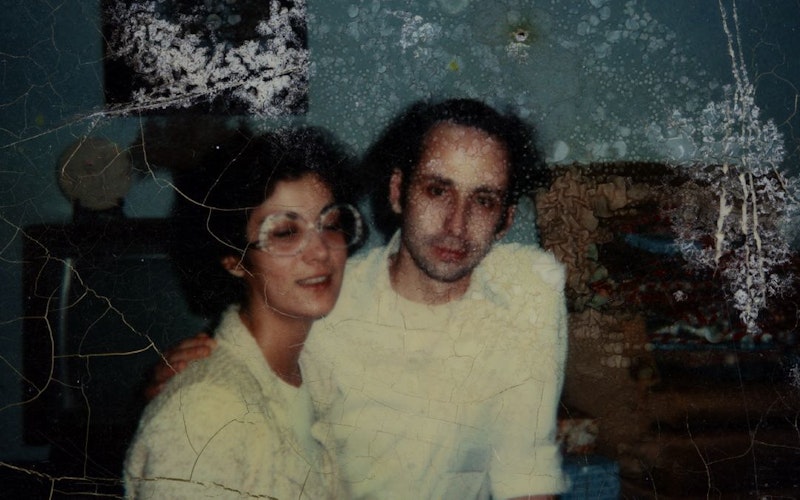
Music
Sufjan Stevens’ Carrie & Lowell: Sorrow in the Shadow of the Cross
Sufjan Stevens has so thoroughly inhabited his own creative space over the last 15 years that future critics likely will append the suffix “esque” to his given name. Where else can you find complex, understated, folk music with swirling mythological, environmental, Christological and psychosexual underpinnings?
Stevens’ exceedingly rich musical prowess is prodded ever forward by the best kind of folk-art madness. By mastering the uncanny ability to sound transparent and oblique simultaneously, his work has been dizzying, compelling and at times frustrating. On Carrie & Lowell, however, that all changes.
In a rare and startlingly candid interview with Pitchfork, Stevens shared some of the biographical details behind the album. His mother Carrie suffered from alcoholism, schizophrenia and depression. She left him and his brother with their father when he was just a year old. His only real connection with her was through a series of vacation visits to Oregon while she was married to Lowell Brams, a man who would serve as a father figure and who helps to run Stevens’ label, Asthmatic Kitty Records, to this day. Carrie died of stomach cancer in 2012. Carrie & Lowell chronicles Stevens’ search for meaning amidst the hurt.
Gone are the high-concept, kitchen-sink symphonies and the experimental avant-garde electronica. Carrie & Lowell is a flawlessly executed, meticulously understated contemplation of the loss of his mother and how her brokenness may have been passed on to him in one way or another. All artifice is gone as he explores the ways the loss has impacted him. The result is a set of quiet and quite beautiful meditations on pain, broken community and letting the past go.
The songs document a doomed voyage of sorts.
The instrumentation throughout is spare – often little more than a piano or stringed instrument and some singularly mesmerizing acoustic ambience – but its indomitable sense of melody adds a much-needed dose of grace. While biblical allusions remain, these are the songs of a person who has not found the answers he seeks and who, in fact, sounds on the verge of giving up the search. Like a passion play that ends before the resurrection, Carrie & Lowell is much more concerned with plumbing the darker shades of grief than pointing toward any particular shafts of light.
Consider the opening track, “Death with Dignity,” which contains this verse:
I forgive you mother, I can hear you
And I long to be near you
But every road leads to an end
From there the songs document a doomed voyage of sorts. Like one of his mythological subjects, Stevens sets off on a journey of self-discovery that involves decadence, hopelessness and eventual surrender. He finds evidence of the impact of his mother’s story in his own disconnected pursuit of intimacy and comfort. The prayers he utters are in tones of desperation more than faith.
The set closes with the hymn-like “Blue Bucket of Gold.” The title references the legendary Blue Bucket mine of Oregon. According to one tale, children from a wagon train were sent to gather water in their blue bucket. Along the way, they found shiny stones that later turned out to be gold. The explorers didn’t recognize the nuggets as gold at the time, and when they did it was too late to find the source again. Along with other references to caves, dragons, vampires and ghosts, it seems that maybe Sufjan’s search for meaning in the death of his mother turned up unrecognized treasure amidst the dross.
Search for things to extol
Friend, the fables delight me
My blue bucket of gold
Lord, touch me with lightning
Carrie & Lowell is a gorgeous bit of melancholic musical poetry that may, in fact, be a bit too much for some listeners. It’s difficult to tell if the album’s summary statement is “F--- me, I’m falling apart” (from the track “No Shade in the Shadow of the Cross”) or “Jesus I need you, be near, come shield me from fossils that fall on my head” (from “John My Beloved”). Probably both.
Topics: Music